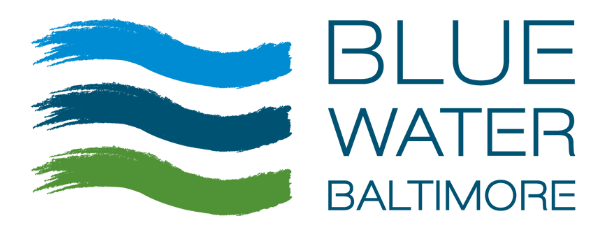Stop Sewage Overflows in Baltimore!
Since 2011, more than 100 million gallons of sewage have entered streets, homes, parks and waterways in Baltimore. After failing to meet the 2016 deadline, a proposed legal agreement with Baltimore City pushes repairs to our aging sewer system to 2033.
On July 25th, Blue Water Baltimore released a letter to the EPA and Maryland and asked citizens to sign in support, demanding adequate and enforceable requirements to eliminate sewer overflows and protect our communities and waterways from raw sewage. The document was signed by over 1,200 citizens and 34 organizations.
Letter to the EPA and MDE
To the Environmental Protection Agency and Maryland Department of the Environment:
Baltimore’s neighborhood streams, rivers and Harbor receive failing grades year after year; high levels of fecal bacteria in our waterways prevent safe swimming, fishing and boating; and chronic sewer backups threaten public health by contaminating homes and businesses. The City was required to fix Baltimore’s pipes and eliminate sewage leaks by January 1, 2016. However, a substantial amount of the work to fix the pipes remains incomplete and the sewer leaks continue. Without written explanation, the EPA and State have now proposed giving the City until 2033 to get the job done.
We are individuals and community, environmental and health organizations who demand adequate and enforceable requirements to eliminate sewer overflows and protect our communities and waterways from raw sewage as soon as possible.
We respectfully request that EPA and MDE revise the proposed Consent Decree to:
- Require actual improvements in water quality after each phase of infrastructure work is completed.Require water quality monitoring and modeling of city waterways for indicators most closely associated with raw sewage discharges and human health threats, including fecal bacteria, nutrients, and sediment.
- Assist residents and institutions whose homes and properties have been damaged by basement backups caused by the City’s sewage system. At minimum, this should include rapid response and property cleanup by the City, financial assistance from the City with cleanup costs and property losses caused by backups, and prioritization of infrastructure projects that will benefit the communities experiencing the most backups.
- Require public notifications within 24 hours for all discharges or releases of raw sewage to parks, communities, and city waterways.
- Require the City to provide detailed annual reports to the public on how it has spent taxpayer money on sewage infrastructure work under the Consent Decree. Reports should cover, at minimum, the amount of money raised by the City for this work, all expenditures on sewage infrastructure projects, and a description of exactly what was achieved by the projects.
- Require the City to find and eliminate sources of sewage contamination in Baltimore’s stormwater system by a date that is specified in the Consent Decree.
- Include conditions ensuring that Baltimore’s neighborhood streams, rivers, and the Harbor meet standards showing that they are safe for public recreation, including swimming, fishing, and boating, by a date that is specified in the Consent Decree.
We also call on EPA and MDE to hold a public meeting, with at least 30 days’ notice, at which the agencies appear and explain their responses to the written comments submitted by the public during this public comment period.

